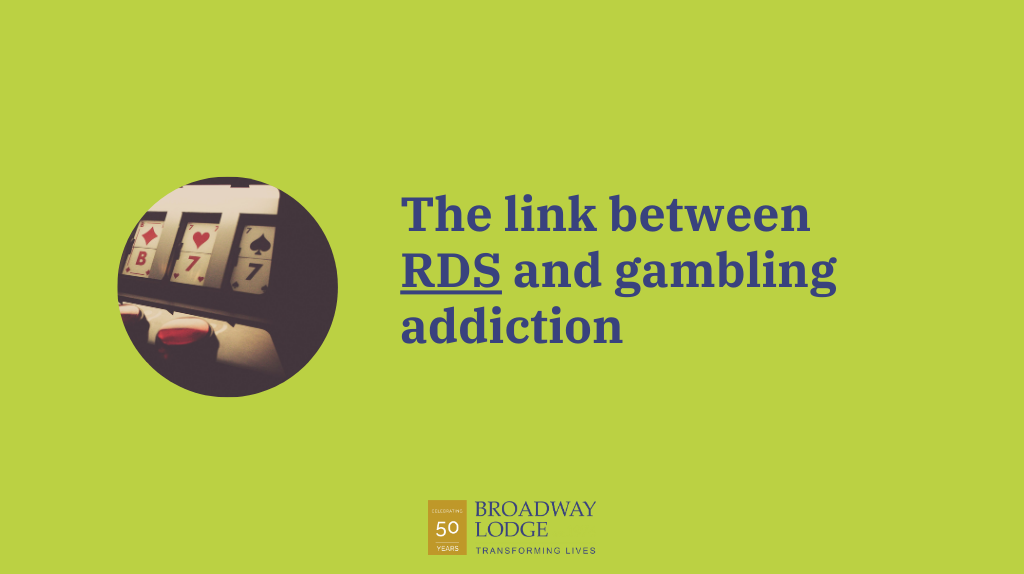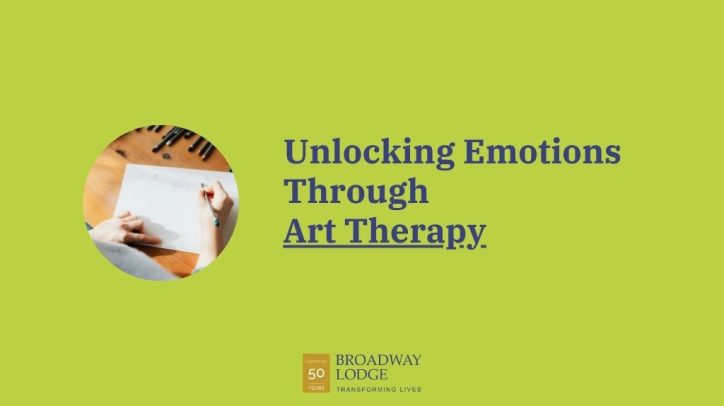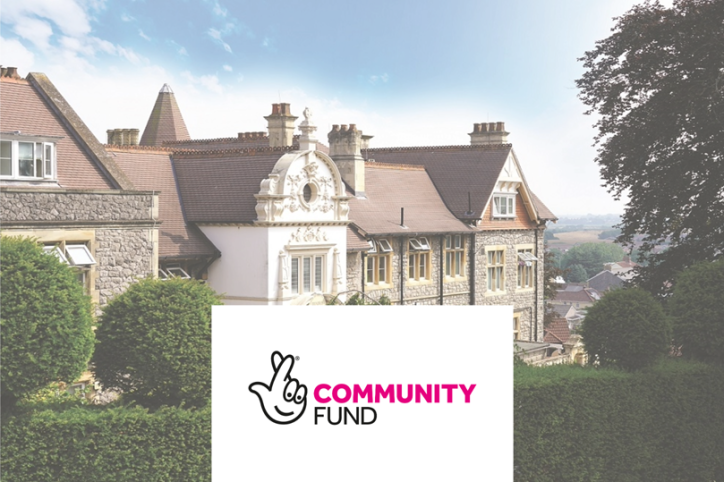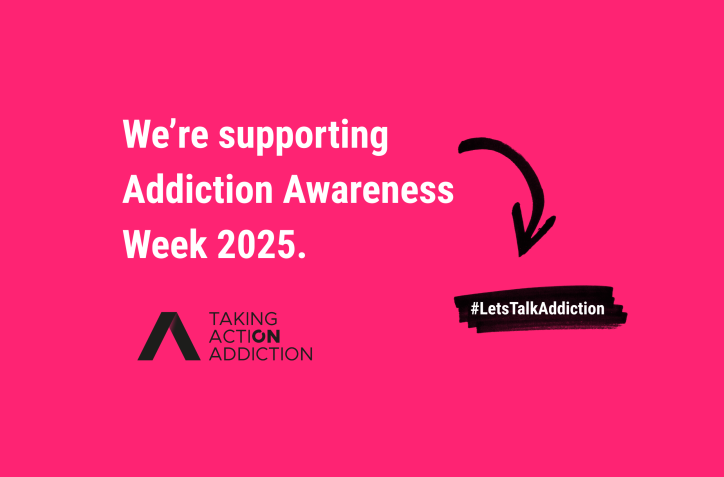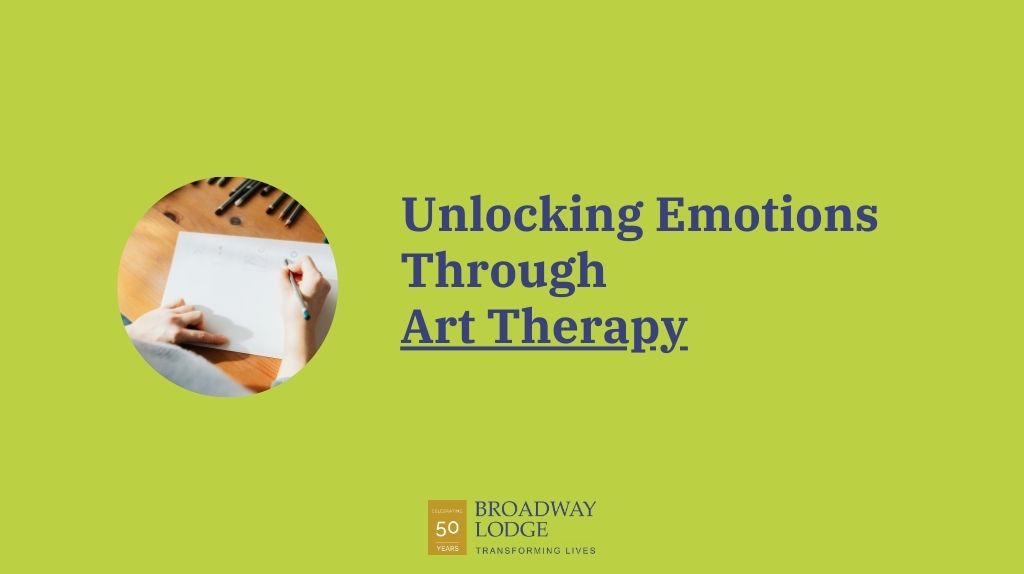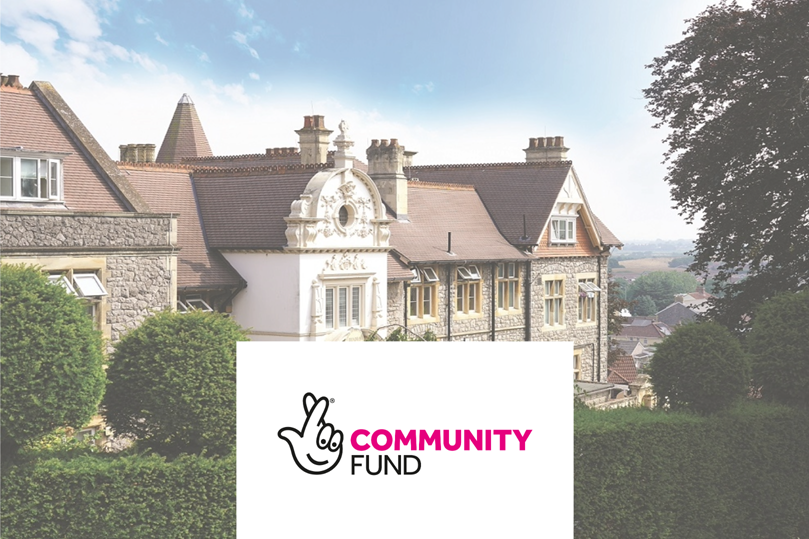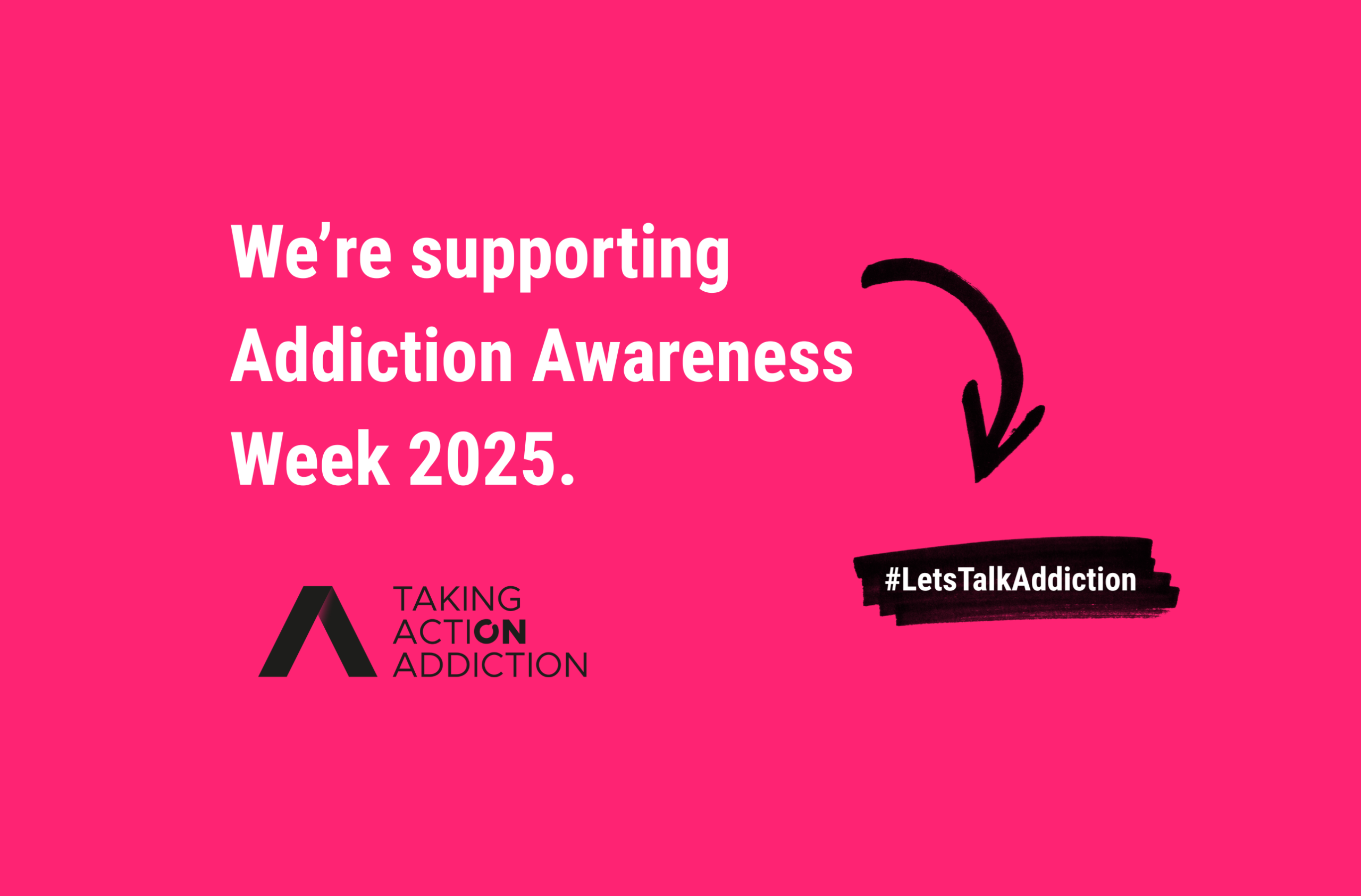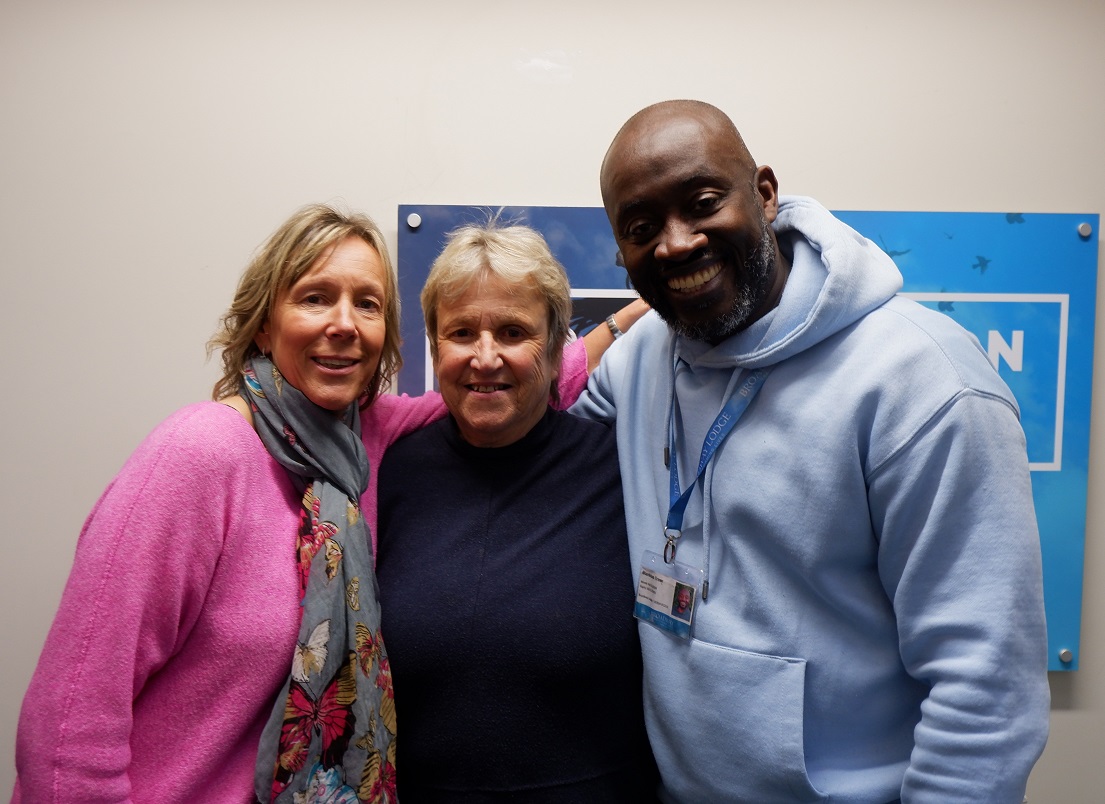Reward Deficiency Syndrome (RDS) affects dopamine regulation, influencing addiction behaviours like gambling.
Recovery from RDS involves therapy, lifestyle changes, and professional support to restore balance.
Gambling addiction doesn’t occur in a vacuum. Behind every cycle of dependency lies a complex interplay of psychological, genetic and environmental factors. One lesser-known contributor to addiction is Reward Deficiency Syndrome (RDS)—but what exactly is it? You may have heard of it dotted around and some research suggests it could be an important contributor to gambling addiction.
In this post, we’ll explore what RDS is, how it impacts addiction and the steps to recognise, manage and support those who may be dealing with this symptom.
Overcoming addiction and the challenges of RDS is not something you have to face alone. Professional help and community support can make all the difference.
But please remember: Gambling addiction is a challenging condition that demands professional care. At Broadway Lodge, we’ve been providing abstinence-based treatment since 1974. Our experienced team has helped thousands of people overcome addictions to drugs, alcohol, gambling, sex and gaming. Rehab might not be something you or your loved one anticipated, but it can be a powerful step toward taking back control and creating a healthier future.
What is Reward Deficiency Syndrome (RDS)?
Reward Deficiency Syndrome refers to a neurochemical imbalance where the brain’s reward pathways are underactive. Simply put, someone with RDS struggles to experience pleasure from normal, everyday activities that most people find fulfilling—such as spending time with loved ones or enjoying hobbies. This deficiency can lead to a heightened drive to seek external sources of reward, often turning to behaviours or substances to fill the void. In other words, for some, excitement only comes from very extreme behaviours, like gambling your savings.
At its core, RDS is rooted in the brain’s dopamine system. Dopamine is a neurotransmitter associated with feelings of reward and satisfaction. For those with RDS, the brain either releases less dopamine or struggles to process it effectively. This imbalance makes the allure of addictive substances or behaviours—like drugs, alcohol, gambling or even binge eating—particularly powerful.
The symptoms of RDS in addicts
Recognising the signs of RDS can be the first step towards seeking help. Some common indicators include:
- Difficulty experiencing pleasure: Apathy towards activities that others find enjoyable—like spending time with family or engaging in hobbies.
- Constant seeking of highs: Turning to substances, gambling or binge eating for temporary bursts of happiness or relief.
- Impaired impulse control: Difficulty resisting behaviours or substances the individual knows are harmful.
- Mood disorders: Frequent feelings of sadness, irritability, or hopelessness.
- Repeated cycles of addiction and relapse: Despite efforts to break free, relapse persists as the individual’s brain struggles to regulate dopamine levels.
Is RDS a recognised condition?
Reward Deficiency Syndrome (RDS) is not yet formally classified as a standalone condition in widely used diagnostic manuals such as the DSM-5 (Diagnostic and Statistical Manual of Mental Disorders) or the ICD-11 (International Classification of Diseases). However, it is increasingly gaining recognition among researchers and medical professionals as a concept that helps explain underlying biological mechanisms related to addiction, compulsive behaviours and other mental health issues. Simply put, RDS offers a useful way to understand why some people might be more vulnerable to addictive or compulsive behaviours.
Understanding RDS and its impact on addictive behaviours
While RDS is a theory, the connection between RDS and addiction is undeniable. When individuals can’t naturally derive pleasure from everyday experiences, they may turn to substances or activities that artificially stimulate dopamine release. The first “high” might feel amazing, but over time, using it keeps your brain from making dopamine on its own. This doesn’t just make the problem worse—it also leads to a cycle of craving and dependence.
How this cycle of reward deficiency works:
- Initial use: The addictive behaviour or substance floods the brain with dopamine, providing feelings of euphoria.
- Tolerance: Over time, the brain adjusts, requiring higher doses or more frequent engagement in the behaviour to achieve the same effect.
- Craving: The individual experiences intense cravings as their baseline dopamine levels drop even further.
- Dependency: The body begins to rely on the substance or behaviour to function “normally,” further reducing its ability to self-regulate dopamine.
This can create a cycle of addiction, fuelled by the brain’s underactive reward system.
The genetic and environmental factors contributing to RDS
RDS (Reward Deficiency Syndrome) is shaped by both genetics and life experiences. On the genetic side, some people have variations in their DNA that make their brains process dopamine less effectively, which can lead to a higher chance of developing addictive behaviours. If addiction runs in your family, that shared genetic link can increase the risk of facing similar challenges.
But it’s not just about genetics—your environment matters too. Childhood trauma or tough experiences can change how the brain works, making someone more likely to struggle with RDS and addiction later on. Even as adults, chronic stress can lower dopamine levels, and being around people or environments that normalise addictive behaviours can make things worse. It’s really a mix of biology and life experiences that come together to shape how RDS affects someone.
Strategies for overcoming RDS
While RDS presents challenges, it’s important to remember that recovery from addiction is possible. A combination of professional care, lifestyle changes and support systems can significantly improve outcomes.
Professional treatments
- Therapy: Cognitive Behavioural Therapy (CBT) can help reframe unhealthy thought patterns and behaviours tied to addiction.
- Medication: Certain medications can support dopamine regulation and make recovery more manageable.
- Rehabilitation programmes: These provide a safe, structured environment for addressing both RDS and addiction as well as the underlying deeper-rooted issues.
Lifestyle strategies
- Balanced diet: A diet rich in omega-3s, lean proteins, and whole grains supports brain health and dopamine production.
- Exercise: Physical activity stimulates dopamine production and helps regulate the reward system over time.
- Mindfulness practices: Meditation and mindfulness activities reduce stress and promote emotional regulation.
Support groups
- Peer support: Organisations like Alcoholics Anonymous (AA) or Narcotics Anonymous (NA) offer invaluable community support.
- Family therapy: Helping families better understand RDS can improve relationships and long-term recovery rates.
Advice for friends and family on supporting those with RDS
Being a loved one in this situation can feel overwhelming. Here are ways you can offer support:
- Educate yourself: Understanding RDS allows you to approach conversations with compassion and knowledge.
- Practice patience: Recovery is a marathon, not a sprint. Setbacks are inevitable, but encouragement makes a difference.
- Be supportive, not enabling: Offer emotional support without enabling addictive behaviours.
- Encourage professional help: Help your loved one find therapy, rehabilitation, or medical support suited for their needs.
Final thoughts
Reward Deficiency Syndrome is undoubtedly a complex condition tied to the challenges of addiction. But addiction is a disease that can be understood, managed and treated with the right strategies and support.#
#If you or someone you know is considering beginning their recovery journey from addiction, contact us to find out about treatment at Broadway Lodge, call our admissions department on 01934 815515 (9am-5pm Monday to Friday) or email hello@broadwaylodge.og.uk. For more information on how Broadway Lodge can offer support for both you and your loved one please look at our Gambling Addiction page.

